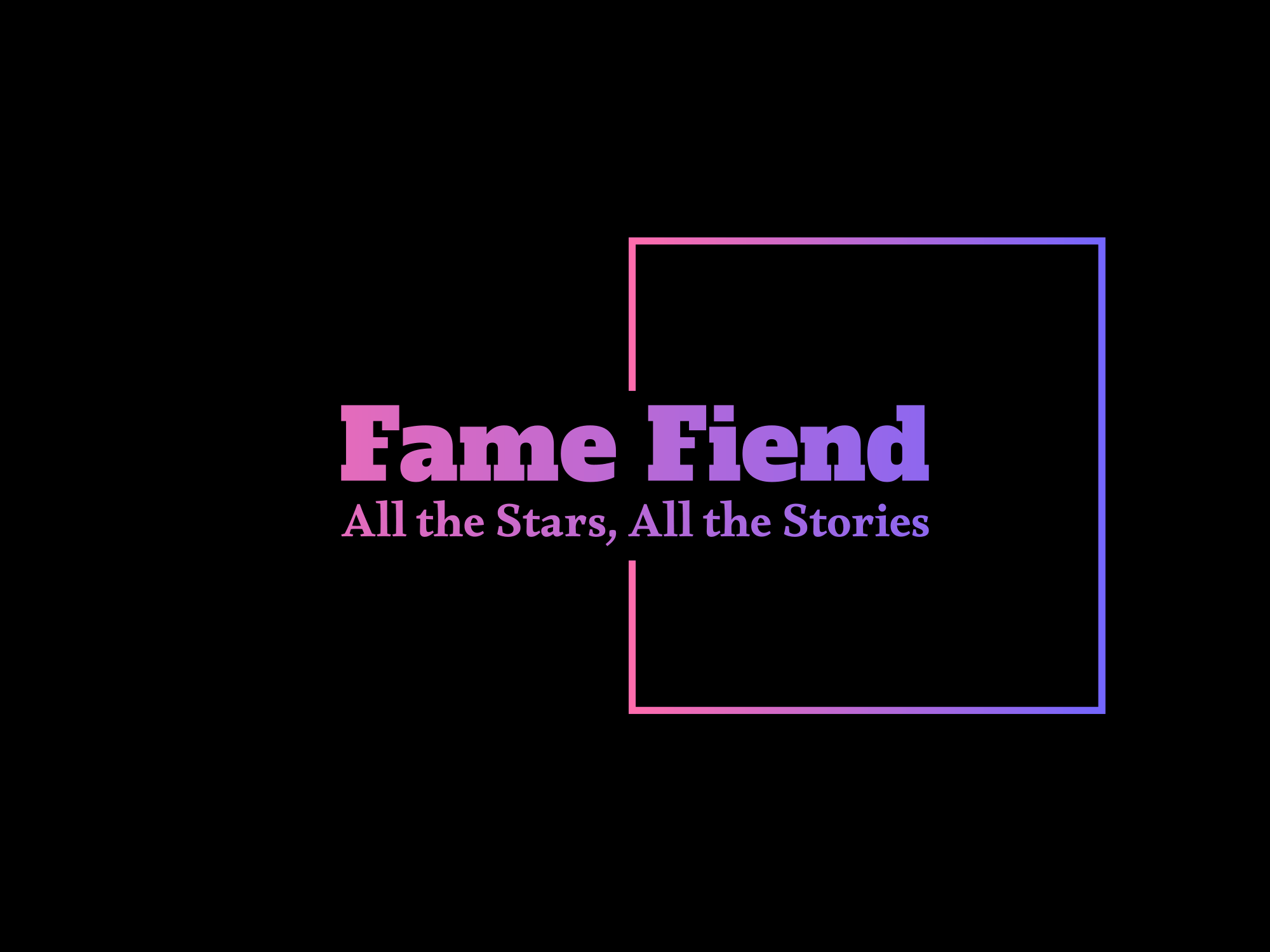Brazilian superstar Alok is gearing up to launch the official one-year countdown to COP30 on Saturday (Nov. 23). Set amidst the Amazon jungle in Belém, Pará, Brazil, at the 55,000-capacity Mangueirão Olympic Stadium, the free event is a celebration of the forthcoming international climate summit and also part of Alok’s Áurea Tour.
During the event, the Brazilian bass DJ will host six indigenous ethnic groups that are part of his United Nations-supported Future Is Ancestral project. The stage itself will be a technological marvel, featuring a pyramid-like structure with over 100 tons of equipment, a 360-degree rotating platform rising as high as a ten-story building, and more than 2,000 LED panels.
Alok was recently nominated twice at the Latin Grammys in the new category of best Latin electronic music performance for two tracks: “Drum Machine” with Pickle and “Pedju Kunumigwe” with Guarani Nhandewa. On Friday (Nov. 15), he released his latest track, “Looking For Love” with Anitta.
As Alok continues to foster cultural celebration through his music and influence, his commitment to ensuring justice has also been noteworthy.
In a legal dispute in June, São Paulo’s civil court system ruled in favor of Alok against Kevin Daniel Brauer de Oliveira, affirming the DJ as the creator and holder of adaptive rights to the song “nananana Un Ratito,” which subsequently extends to “Un Ratito” with Luis Fonsi, Lunay, Lenny Tavárez, and Juliette, according to court documents. The judgment obliges Brauer de Oliveira to pay Alok $20,000 Brazilian reals ($3,475.78) in compensation for “moral damages.”
The legal outcome is the culmination of several conflicts between Alok and the Brauer brothers — Kevin and Sean — who formerly collaborated with Alok as part of the duo Sevenn. Over the years, their partnership helped escalate Brazilian bass music onto the world stage, but that partnership eventually soured. As articulated in a 2022 Billboard article, the Brauer brothers had accused Alok of exploiting their work — including their contributions to at least 14 tracks — without appropriate credit or compensation.
“I have always had full confidence in the justice system. My work is transparent and everything is clarified and proven,” Alok said in a statement regarding the court ruling. “I will take this opportunity to donate the compensation from this case to the victims in Rio Grande do Sul. This is the best way to respond to the wrong they tried to do, by doing good for those who need it most at this moment. I hope the compensation also serves as a lesson to deter malicious people from defaming others’ honor with the simple sense of impunity.”

